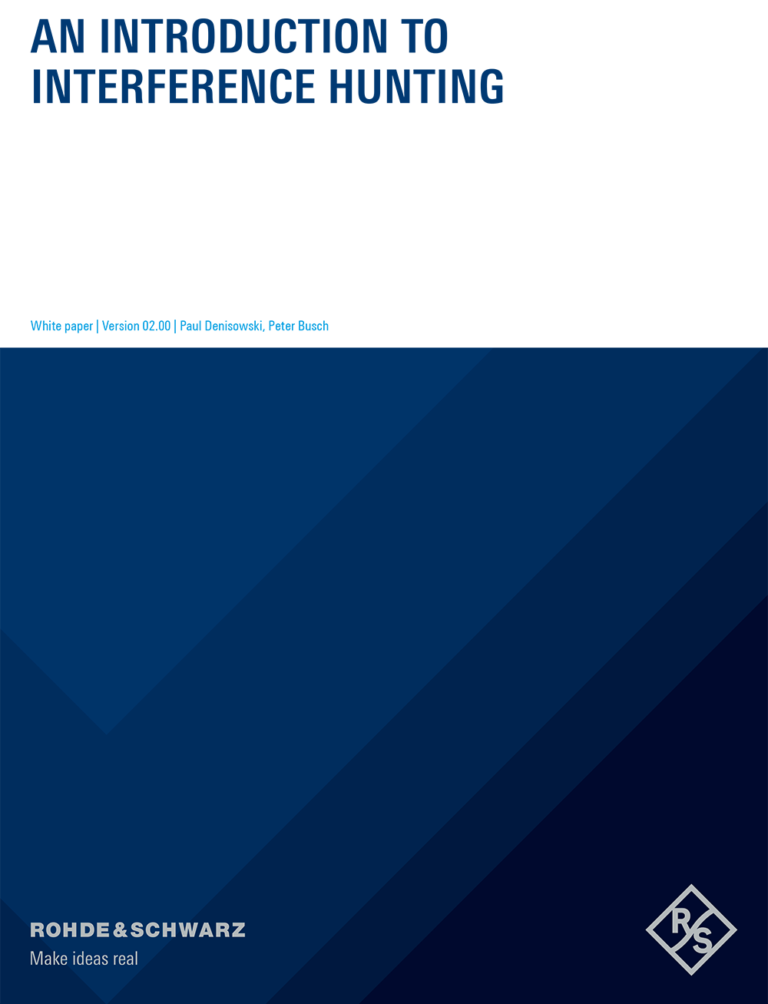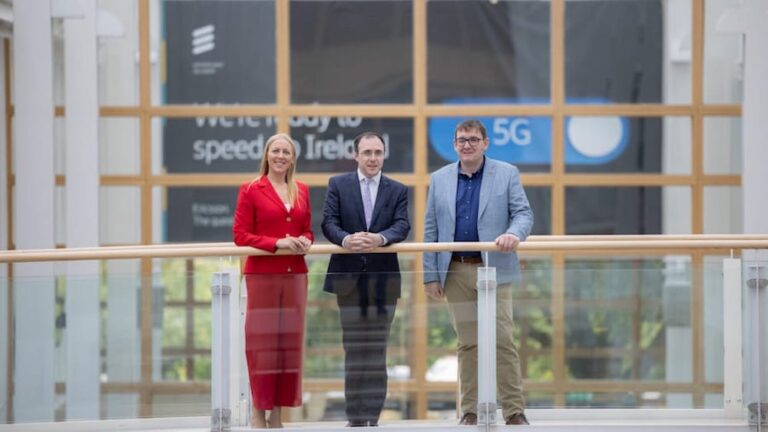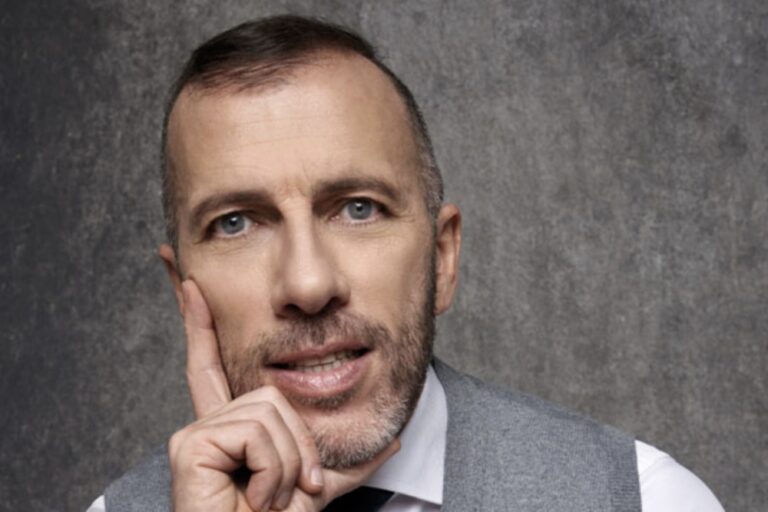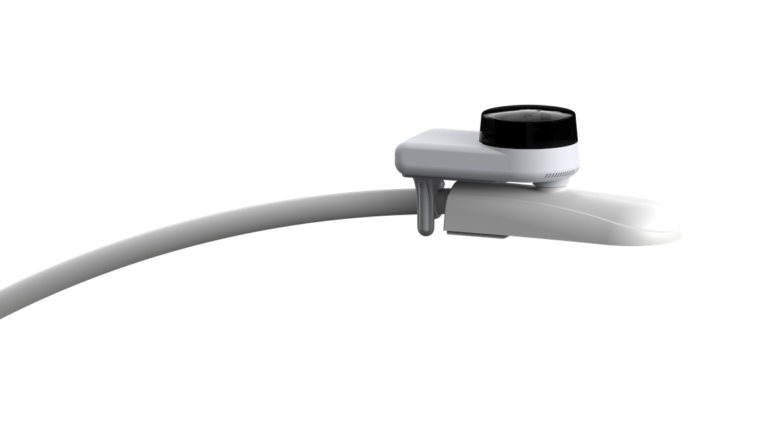Only Trento and Bolzano are too tough to tender for
Telecom Italia (TIM) and Open Fiber have got €3.4 billion to spend on bringing high-speed fixed broadband to inaccessible parts of Italy. The funding came after they convinced the Italia 1 Giga tender panel run by the Ministry for Technological Innovation and Digital Transition (MITD) they could hit the targets. There were few other takers, however.
Sardinia
Telecoms veteran Vittorio Colao, who runs MITD, called for infrastructure builders to cover 15 regions, which were presented as geographic projects to be tendered for, reports Mary Lennighan in Telecoms. The coverage challenge ranges considerably, with Sardinia’s 664,000 addresses potentially earning contractors €356.27 million, whereas smaller scale jobs in Trento and Bolzano, involving the connection of 63,000 addresses, were deemed worthy of a €34.48 million fee. The latter project attracted no bids.
Fibercop
The other 14 each received bids from both players, for which Open Fiber provided eight successful tenders and TIM six. Open Fiber was allocated €1.83 billion and TIM got €1.56 billion. TIM took part in the contest via a joint venture with its own FiberCop network arm. The Ministry said it did not exclude any other networking companies from taking part but none had offered to. The Italian government has struggled to attract telcos to its various post-Covid connectivity competitions, according to Lennighan. Project Italia 1 Giga aims to provide high-speed fixed connectivity to underserved areas via fibre or wireless alternatives with a target of 1 Gbps connectivity to the whole country by 2026.
EU funded
The plan forms part of the broadband segment of Italy’s National Recovery and Resilience Plan (PNRR) and comprises half the country’s planned €6.7 billion spend, backed by EU aid, to boost broadband connectivity. A tender for the minor islands saw €45.6 million in funding awarded to Elettra, a submarine systems company owned by Orange. Tenders have failed in the past because of the onerous conditions imposed on the funding, says Lennighan. Obstacles included coverage requirements, plus the telcos’ inability to make a profit. “The maths clearly looks a lot more favourable with Italia 1 Giga, which puts Italy on the road to better broadband coverage in the next few years,” said Lennighan, “that will keep Italy in Brussels’ good books.”












